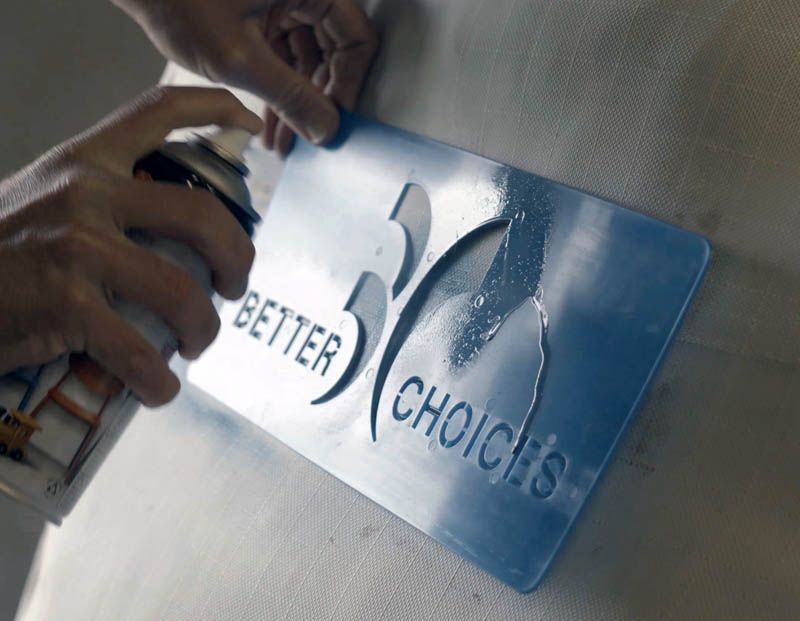Sustainable Farming Practices: How Pain Mitigation Fits into the Bigger Picture

As our society becomes increasingly conscious of environmental and ethical concerns, the agricultural industry is undergoing a significant transformation towards sustainable farming practices.
But sustainable livestock farming encompasses more than just carbon consideration and it's crucial to ensure welfare doesn't slip down the priority list. Improved welfare outcomes can positively impact methane production in livestock and contribute to a reduction in carbon emissions in many ways, put simply enhanced welfare leads to healthier livestock, which aids in reducing methane production.
Traditional farming practices have often been associated with harsh conditions and minimal regard for the well-being of animals. However, the demand for more transparent and ethical treatment of animals has led to a reevaluation of our farming methods. Consumers now seek products that align with their values, putting pressure on farmers to adopt more humane practices.
Sustainable farming goes beyond just environmental considerations. It involves finding a balance between the needs of the present and the future, taking into account economic viability and social responsibility. One essential aspect of sustainable agriculture is ensuring the welfare of the animals under our care.
Animals, like humans, experience pain. From routine procedures to injuries, farm animals can undergo various painful experiences. Addressing this pain is not only ethically essential but also vital for promoting a healthier and more productive farming ecosystem. Unmitigated pain can lead to stress, reduced productivity, and increased vulnerability to diseases.
In response to the growing concern for animal welfare, innovative pain mitigation solutions have emerged and by adopting these solutions, farmers can significantly reduce the immediate suffering of animals. Apart from the direct benefits to animal well-being, pain mitigation has broader implications for sustainable farming. Content and healthier animals are more likely to thrive, resulting in increased productivity and potentially reducing economic losses for farmers.
Furthermore, embracing sustainable and ethical practices in agriculture resonates with consumers who seek products that align with their values. This, in turn, can strengthen the bond between producers and consumers, fostering brand loyalty and trust.
As our industry navigates challenges in its interaction with society, pain mitigation emerges as a relatively straightforward aspect. Embracing sustainable farming practices, including pain mitigation techniques, propels us toward a more responsible and ethical agricultural landscape. It is imperative for farmers and agricultural stakeholders to acknowledge their pivotal role in shaping a future where compassion and responsibility form the essence of agriculture.
Join today: Betterchoices.com.au
Sources:
Consumers’ Concerns and Perceptions of Farm Animal Welfare - https://www.mdpi.com/2076-2615/10/3/385
Animal Harms and Food Production: Informing Ethical Choice - https://www.ncbi.nlm.nih.gov/pmc/articles/PMC8146968/
Innovative pain management solutions in animals may provide improved wound pain reduction during debridement in humans: An opinion informed by veterinary literature - https://www.ncbi.nlm.nih.gov/pmc/articles/PMC7948712/